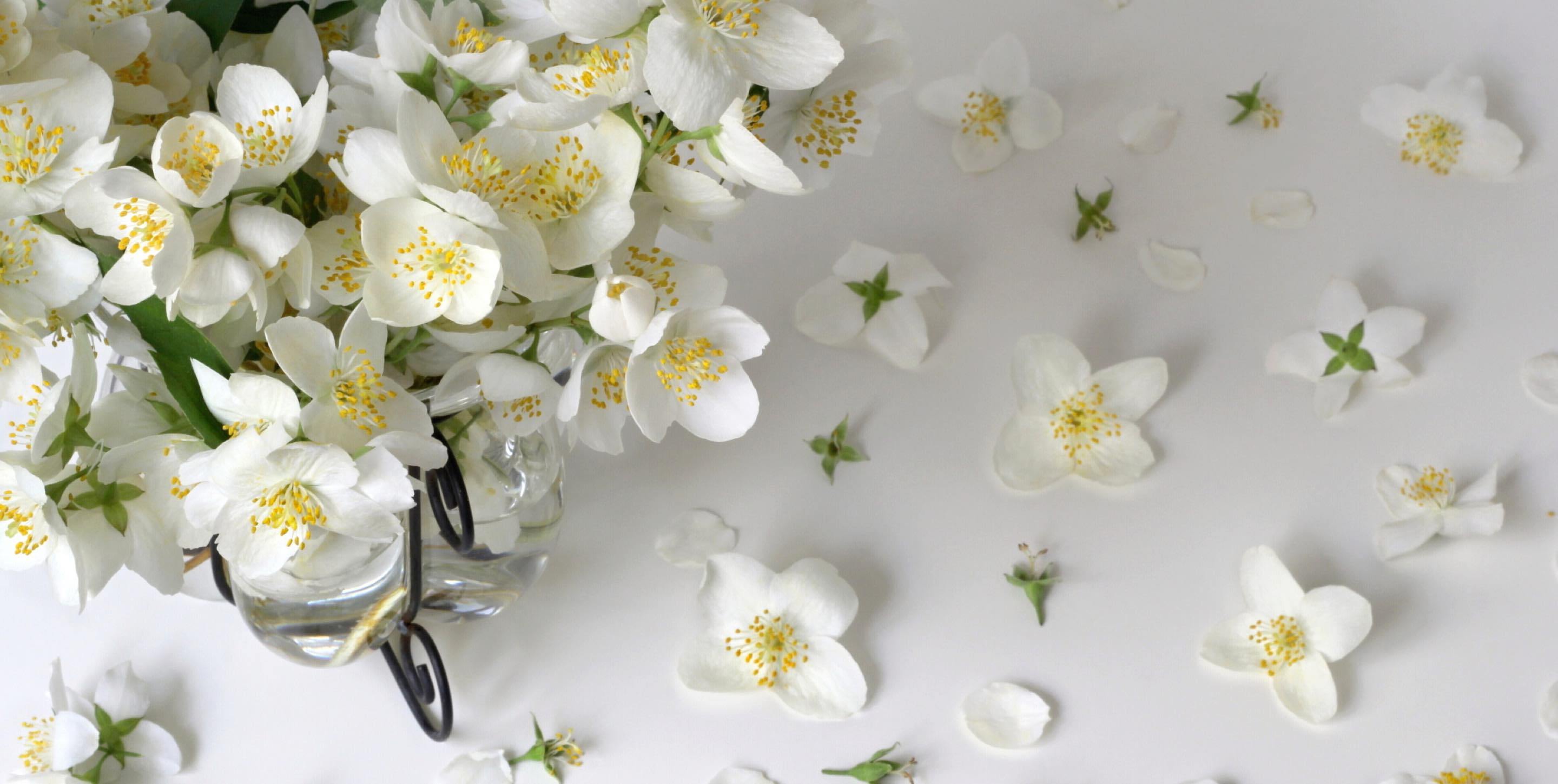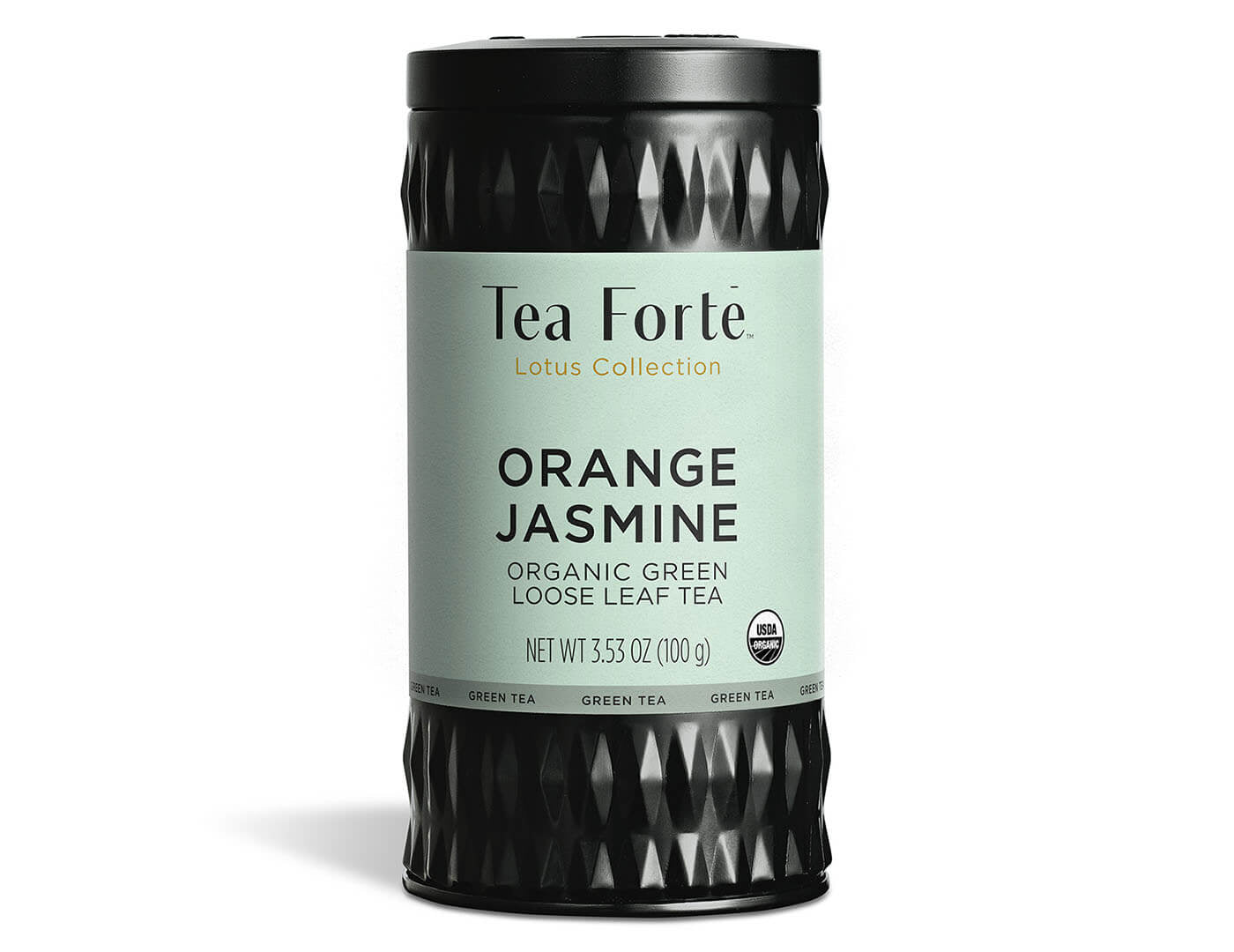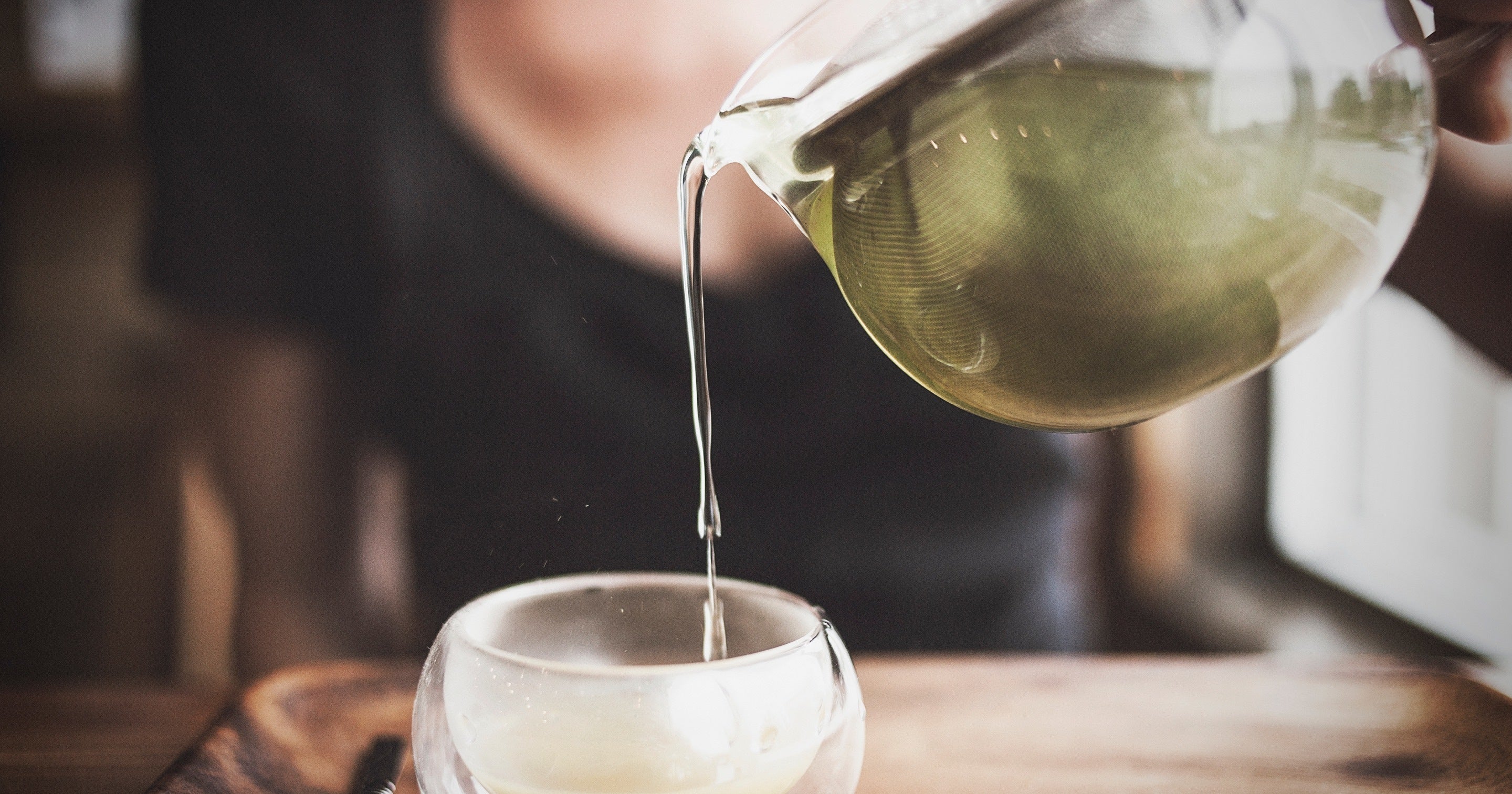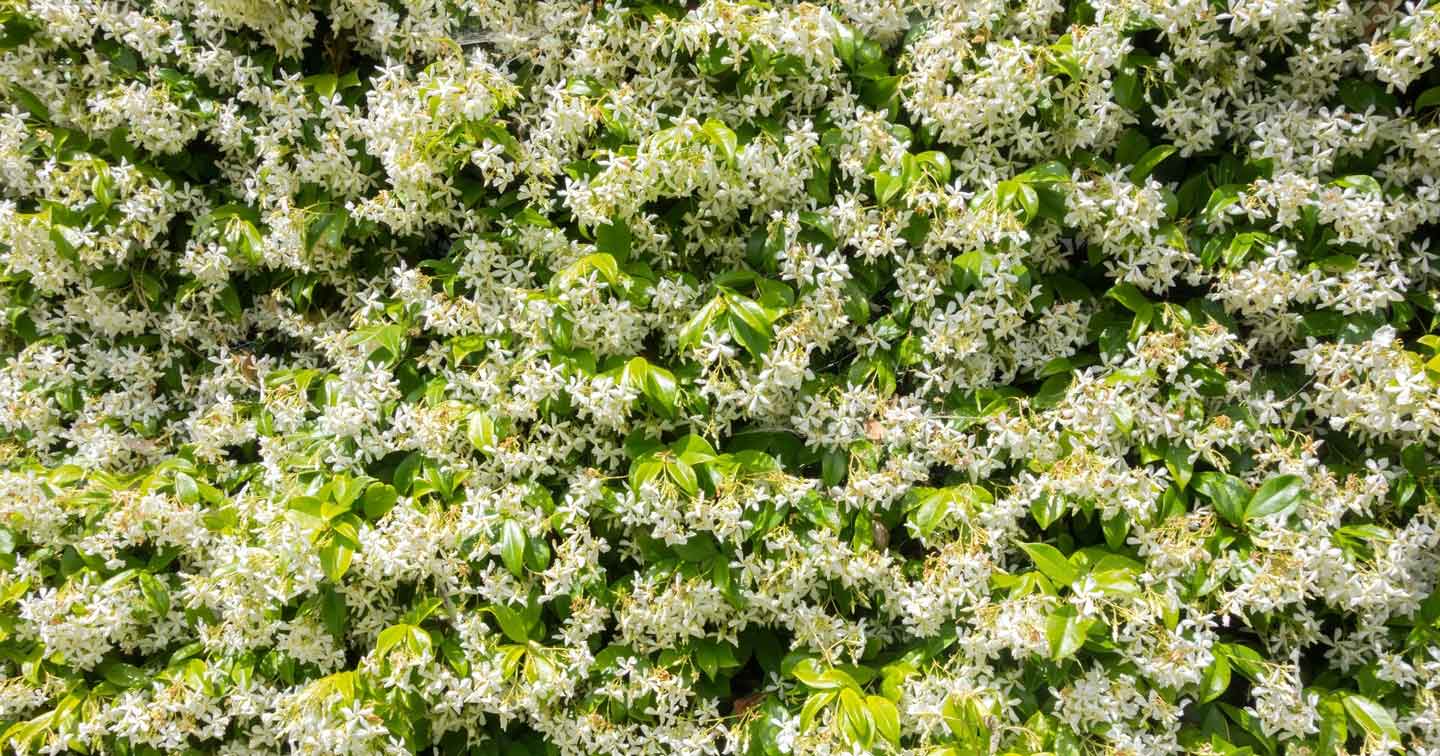Fragrant, delicate jasmine tea can take on a variety of forms. While some people believe jasmine tea is herbal and therefore free of caffeine, this isn’t always the case. Pure jasmine tea is, indeed, an herbal tisane with no stimulating properties, but jasmine can also be used in beautiful green, white, black, and oolong tea blends. No matter the variety, every aromatic cup of the sweetly-scented beverage makes for an exceptional experience teeming with benefits for the body and mind.
1. JASMINE TEA IS A GENTLE EYE-OPENER
A small pot or cup of delicate jasmine tea provides a gracious start to any day and takes no longer to make than fresh-brewed coffee. Those who find coffee too rough on the throat or stomach in the morning may wish to switch to tea as their breakfast beverage of choice. If the first hour of the day is more of a quick dash than a leisurely beginning, tea can move in a travel mug just as easily as coffee can, adding a touch of serenity to a morning commute.
2. GREEN JASMINE TEA MAY AID IN WEIGHT MANAGEMENT
A 2012 Japanese study showed that incorporating several cups of green tea into one's daily diet can indeed assist with weight management. Tea Forte offers a host of jasmine tea blends, offering the benefits of green tea consumption along with the aromatic delights of the lovely, late-blooming flower.

3. JASMINE TEA IS FULL OF ANTIOXIDANTS
Scientists confirm that a cup of green tea delivers a generous dose of antioxidants called catechins, while a cup of jasmine black tea provides plenty of polyphenols and theaflavins. Antioxidants are known to work by detecting and destroying free radicals that can wreak havoc on the immune system. Researchers around the world are currently performing studies that may further show the benefits of black and green tea as a cancer, diabetes and Parkinson's disease preventative.
4. JASMINE TEA MAY BE GOOD FOR YOUR HEART
The catechins, theaflavins and flavonoids contained in a cup of fragrant tea may contribute to cardiovascular health by reducing or eliminating problematic inflammation within blood vessel walls, especially that associated with LDL, or “bad” cholesterol. Moderate consumption, then, seems a wise choice for those looking to adopt a heart-healthy lifestyle
5. JASMINE TEA HAS ANTIBACTERIAL & ANTIMICROBIAL PROPERTIES
It is impossible to overstate the health benefits of the antioxidants contained in green, black, and oolong teas. The addition of jasmine oil only increases the efficacy of tea as a powerful fighter against microbes and bacteria. Studies show the ability of jasmine oil to kill E. coli and other harmful agents in the digestive tract. These same properties can also help lower the bacteria that causes dental cavities.
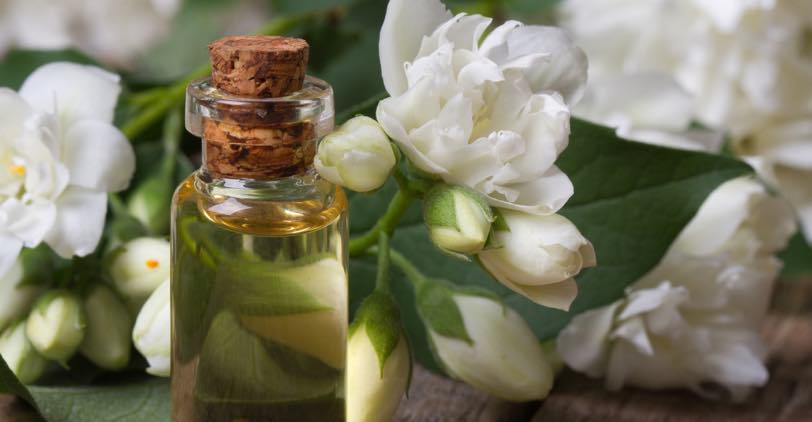
Properties of Jasmine oil can help lower the bacteria that causes dental cavities.
Traditionally, jasmine green and black tea is made with a predominance of green buds and small leaves of the same Camellia sinensis plant we enjoy in black, green and oolong tea. The tea is slightly fermented and kept in storage until the flowers used to flavor the tea are ready for harvest. Trays of evening-harvested jasmine flowers are then alternated with trays of tea leaves so the tea may absorb the scent of the jasmine petals as they open. This scenting ritual is repeated several times with fresh flowers to produce some of the most aromatic and flavorful teas in the world.
*Curious about the aromatic goodness of this beautiful beverage? Explore Tea Forté’s jasmine tea offerings and try an exquisite cup for yourself.
* These statements have not been evaluated by the Food and Drug Administration. This product is not intended to diagnose, treat, cure, or prevent any disease.
